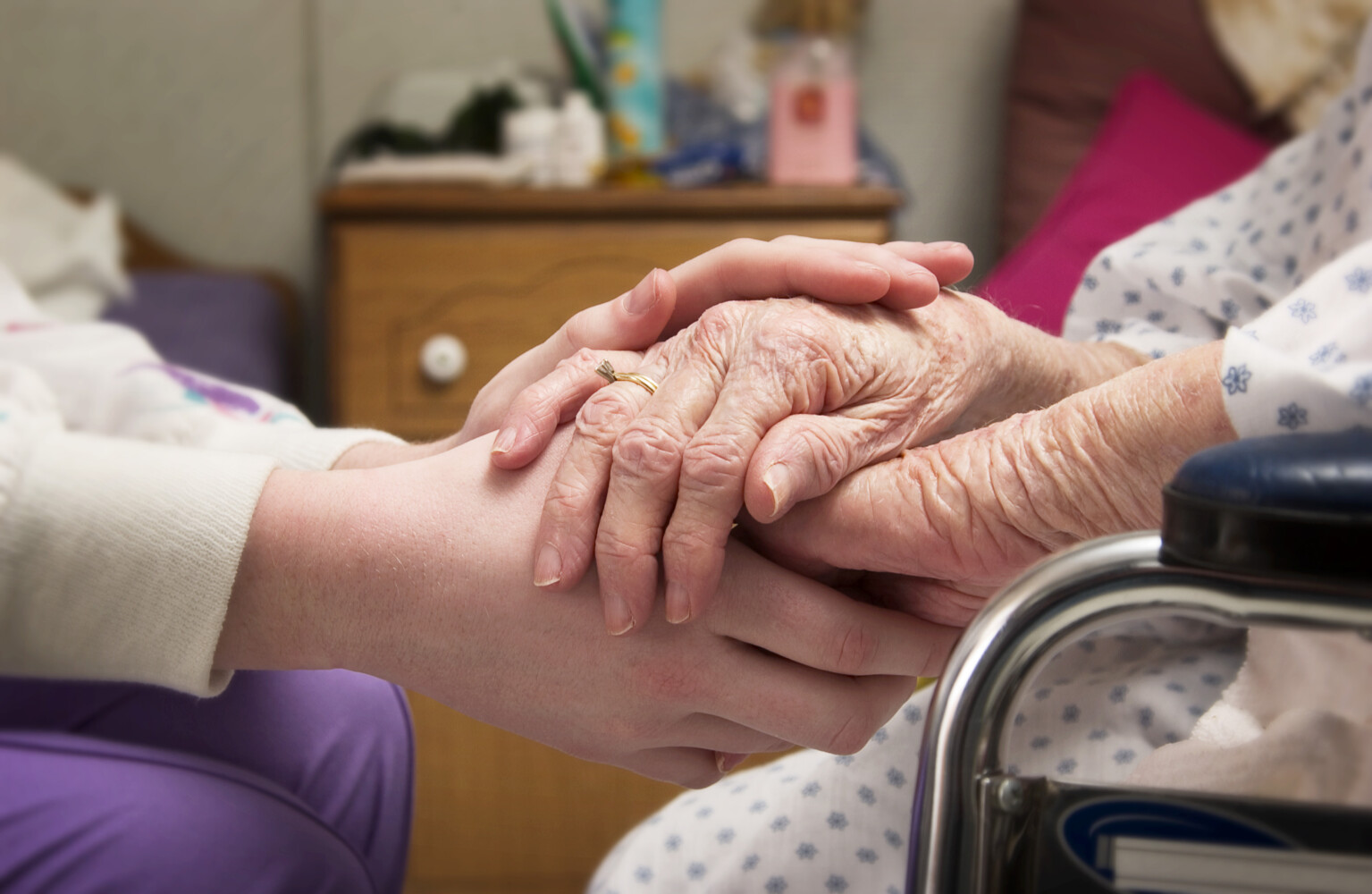The resurrection isn’t just an ancient event. It is a living reality happening daily and quietly. So often we struggle to see it.
Perhaps because we hold tightly to positions that become immovable obstacles – stones too heavy to shift; stones we carry. There is a weariness in the air. Too many scandals; too much disillusionment.

The church has its part to play in that. We cannot speak of faith in Ireland without acknowledging deep wounds: abuse, cover-up, and silenced truth. These legacies won’t disappear just because we might wish it so.
The cynicism towards a church seen as controlling rather than compassionate is understandable, but cynicism can become its own tomb. It’s an easy retreat, not a solution or a path forward. Resurrection begins when we dare to believe again in goodness, in accountability, in the possibility of genuine change.
It takes courage to hope, and when we speak truth to power and demand better from our institutions and ourselves, we begin to roll away the stone of cynicism. Life in this meta-modern age often feels relentless. We’re constantly caught between sincerity and irony, always connected but rarely present; pulled in every direction by information, expectations and fractured identities.
The constant hum of instant messaging, the pressure to do more, be more, achieve more never slows. Even stillness feels like something we have to schedule or explain. Spaces that should refresh us – friendships, family, faith – have exhaustion creeping in.
The resurrection didn’t happen in noise but in stillness. Before the women discovered the empty tomb, there was the quiet of Holy Saturday. Perhaps the Easter invitation is to step back, to breathe, to allow space for new life to rise.
Rest is not a luxury; it is a radical act of faith in a world that glorifies busyness, worships productivity and obsesses with performance. Ireland has always had its share of divides: generational, North and South, rural and urban, traditional and progressive. But in a digital age, the fractures feel deeper.
Social media fuels outrage, reinforcing an “us versus them” mentality and, let’s be honest, the church often stood at the centre of these divisions, drawing lines in the sand where an olive branch of reconciliation should have been offered. [ Thinking Anew – Easter shows us there is a way through Opens in new window ] The risen Christ returned, however, not with condemnation, but with peace for the very ones who denied and abandoned Him. What if we could do the same? What if we rolled away the stone of resentment and chose dialogue over dismissal? What if instead of using faith to draw battle lines, we used it to draw chairs to the table? This is the spirit behind synodality, a journey in which we are all invited to participate, enabling us to walk and listen together.
Synodality is not a box-ticking exercise or a new fad, but a reimagining of what it means to live as church. Significantly, the Synod on Synodality in Rome last October, hosted by Pope Francis, finally made space for women , not as spectators, but as contributors, as leaders, as the prophets we’ve always been. Let’s not forget it was women who first witnessed the resurrection, the first evangelisers, the first to proclaim life in the face of death.
That matters. It matters as women across Ireland are raising their voices through the Irish Synodal Pathway – along with the men, of course – calling the church to greater inclusion, accountability and renewal. Long after my chocolate egg is gone, I will be seeking Easter – not in grand miracles but in small, everyday resurrections.
I have seen them before: in the mother finding the strength to start again after heartbreak, proving that love can be reborn even after loss; in the survivor who reclaimed her voice, choosing truth over silence, healing over shame; in the recovering addict choosing one more day of sobriety. I have seen Easter in communities rallying after tragedy, in strangers offering welcome, and in ordinary people refusing to let faith become just a memory. People pushing for justice, inclusion and a church that breathes new life into society.
I’ve seen it in the women at the synod table, speaking truth with grace, leading not from behind but from within. Easter is not passive. It is not just something we celebrate and then move on.
Easter is something we live. It is about movement. The women at the tomb didn’t stay in despair; they went, they searched, they told others.
[ Easter activities: 10 family-friendly days out and events to enjoy over the holidays Opens in new window ] Resurrection invites us to take part, and maybe that means choosing hope when cynicism feels easier, resting so renewal is possible, reaching across divides, speaking up even when our voices shake, and daring to believe that change – personal, social, and spiritual – is possible. On this Easter Sunday, may we remember that the tomb is empty. Life has broken through and still is, in quiet, ordinary, everyday ways.
The question is: will we have the eyes to see it, the courage to roll away the stones and the faith to step out of the tombs that we have built and journey into the light of something new? Julieann Moran is the general secretary of the Synodal Pathway in Ireland.















